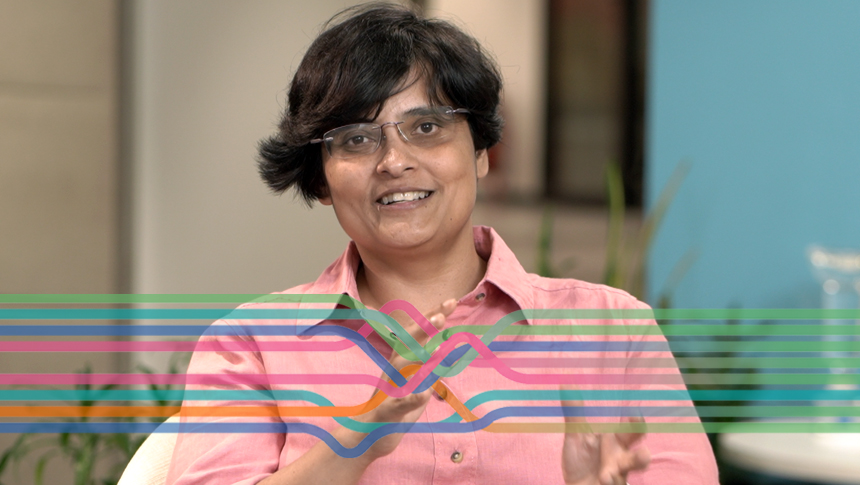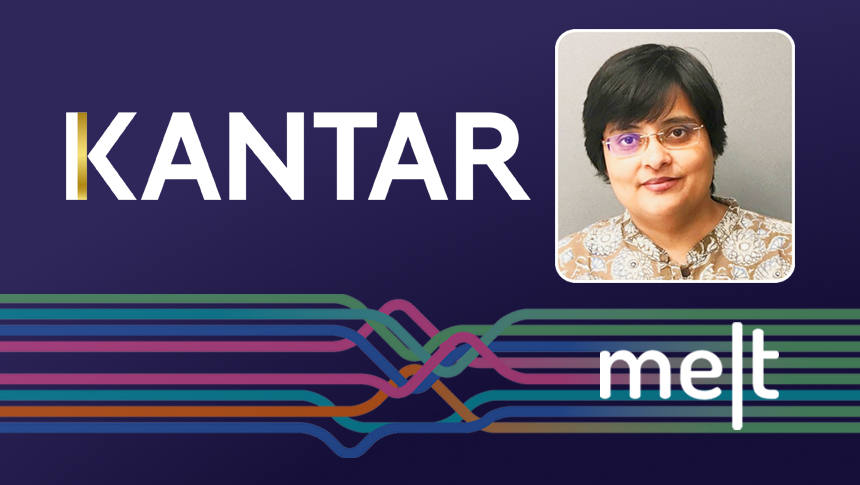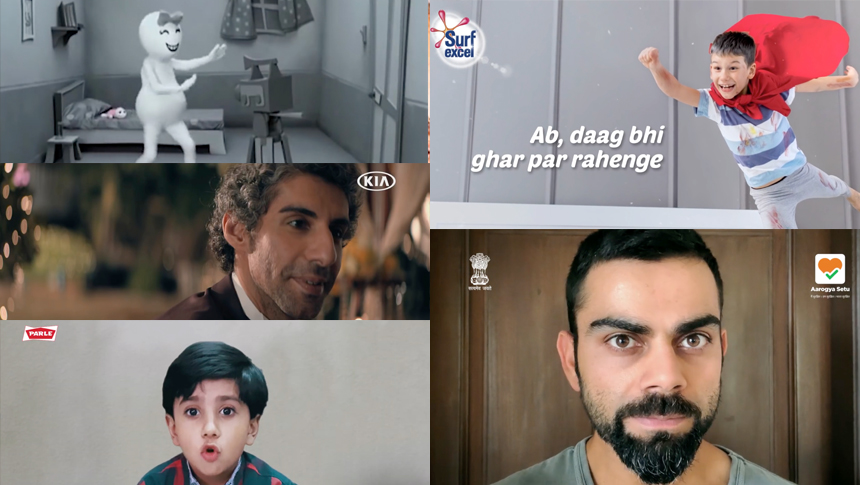About two decades ago, I was in the audience at the annual Subhas Ghosal Foundation Memorial lecture, and screenwriter-lyricist Javed Akhtar was the keynote speaker.
Akhtar’s speech was a revelation, and the rapt audience comprising advertising and marketing professionals soon realised that there was a lot more ‘science’ in Bollywood films than we thought existed.
There was so much one learnt that day, but one little nugget stood out. Akhtar told us that Bollywood ‘mirrored’ the views of society, bringing to life all that the audiences of films believed in and were comfortable with. He underlined that, consequently, Bollywood stayed away from thoughts and issues that society was uncomfortable with.
To illustrate his point, he told the astonished audience that, for the first 25 or so years after independence, no Bollywood film touched upon Hindu-Muslim conflicts in society – because the wounds of partition were so painful that society did not want to discuss it. Society wanted a world where Hindus and Muslims lived in utopian harmony, and that’s what Bollywood gave them. Bollywood went further – a large number of films produced during this period included token ‘good’ Muslims (a friend of the leading star, a ‘good’ policeman, etc) because this inclusion made society feel better.
(The above is not verbatim, but based on my understanding and memory of the lecture).
And so it was with a fledging advertising industry, an industry much newer, much smaller and less impactful than Bollywood.
Advertising played safe, as did programming on general entertainment channels.
It took many years for Bollywood to dabble with uncomfortable truths in society, and it was the same with TV and advertising.
Hindu-Muslim issues were largely untouched.
And this state carried on till the seminal and brilliant Google Reunion Search ad created by Ogilvy, a film that has racked up over 15 million views.
“Partitions divide countries, friendships find a way. The India-Pakistan partition in 1947 separated many friends and families overnight. A granddaughter in India decides to surprise her grandfather on his birthday by reuniting him with his childhood friend (who is now in Pakistan) after over 6 decades of separation, with a little help from Google Search,” Google says about the film.
The film makes no mention of Hindus and Muslims, though it is apparent. One protagonist is from India, with a Hindu name (Baldev) and the other from Pakistan, with a Muslim name (Yusuf). The Hindu-Muslim divide is dealt with in a positive way and is the balm that soothes the pain of the raw wound. It’s no surprise that the film has been welcomed and embraced by both Indian and Pakistani residents, helping them to talk about the conflict in a soft, ‘acceptable’ way.
Almost the same time, Hindustan Unilever’s Brooke Bond’s Red Label Tea, created by Ogilvy, dealt with this issue more courageously, with this film:
The film delicately deals with the divide between Hindus and Muslims, even when they are neighbours. While there is no mention of Hindus and Muslims, the clothes of one family clearly cue the religious reality.
And in the lovely film, there’s the starkness of a little girl, confused by the divide.
The film was received well despite the prickly subject.
If the ad was well received, perhaps our society was now comfortable with the uncomfortable, one thought.
Last week, Hindustan Unilever’s Surf Excel, created by Lowe Lintas, released a simple, enjoyable film, showing the trusting and pure relationship between a young Hindu girl and a young Muslim boy.
It’s difficult to imagine how anyone could find fault with this ad – but social media did, calling for a boycott of the ad, of Surf Excel and of all products of Hindustan Unilever Limited (the company that manufactures Surf Excel).
“How dare they show colour, love, laughter, masti, innocence, cultural respect, bonding, bonhomie ….ALL IN ONE MINUTE?,” said a comment on social media in a tweet laced with sarcasm.
After the Google ad, one thought that advertising in India was ahead of the curve, believing that the image in the communication was the image that India was comfortable with. The Brooke Bond Tea ad underlined the belief.
What does one think after the criticism of the Surf Excel ad? Has the imagery gone too far – far enough to make Indian viewers uncomfortable?
No, thankfully, it hasn’t.
While the first few hours of criticism might have dismayed many, the subsequent days have seen a barrage of clearly positive support for the ad, for the brand and the community.
But the episode underlines that mirrors reflecting society are indeed needed – and that brands and their communication partners need to continue to hold up these mirrors to us.



